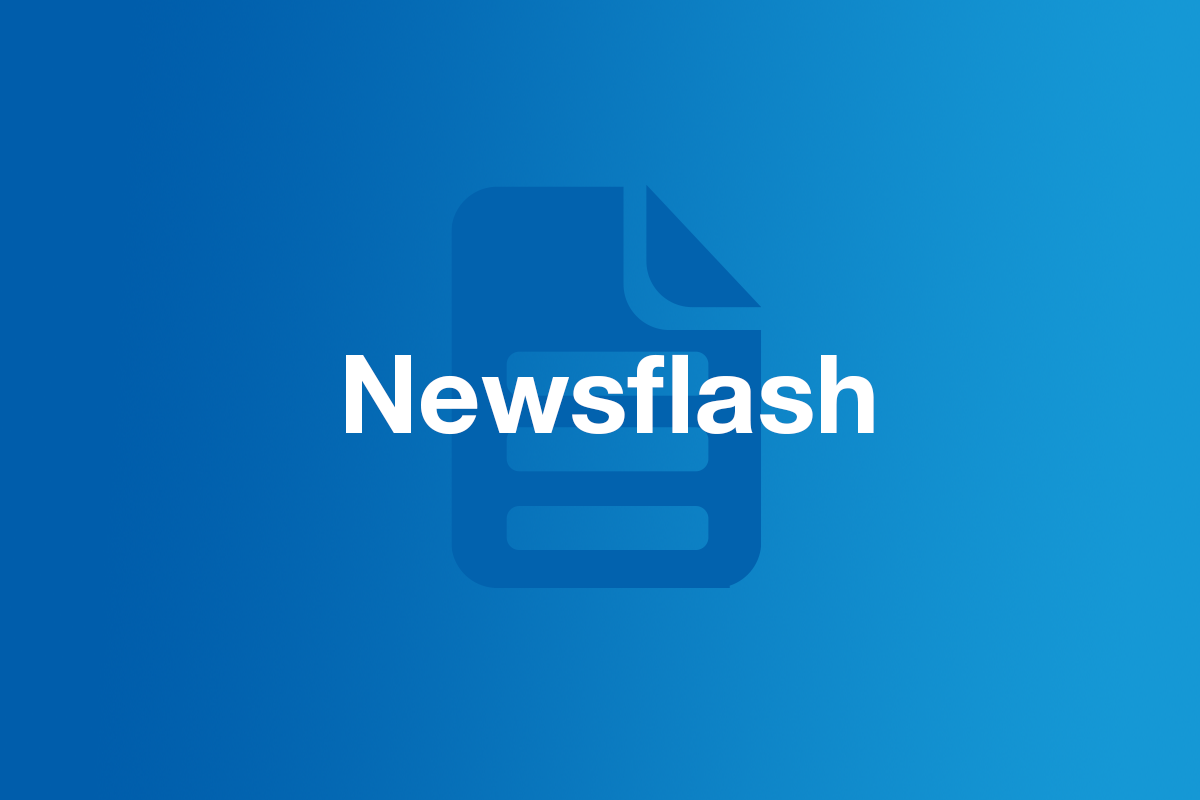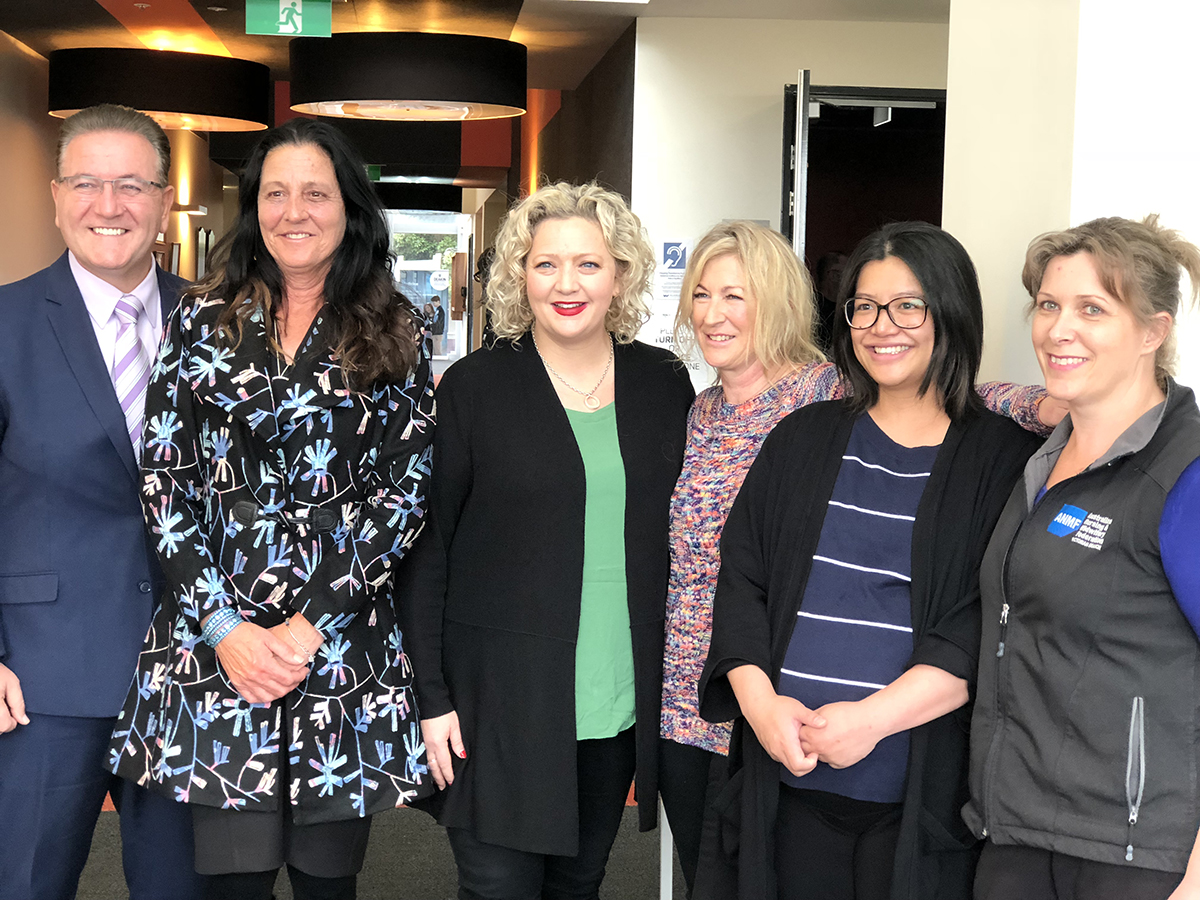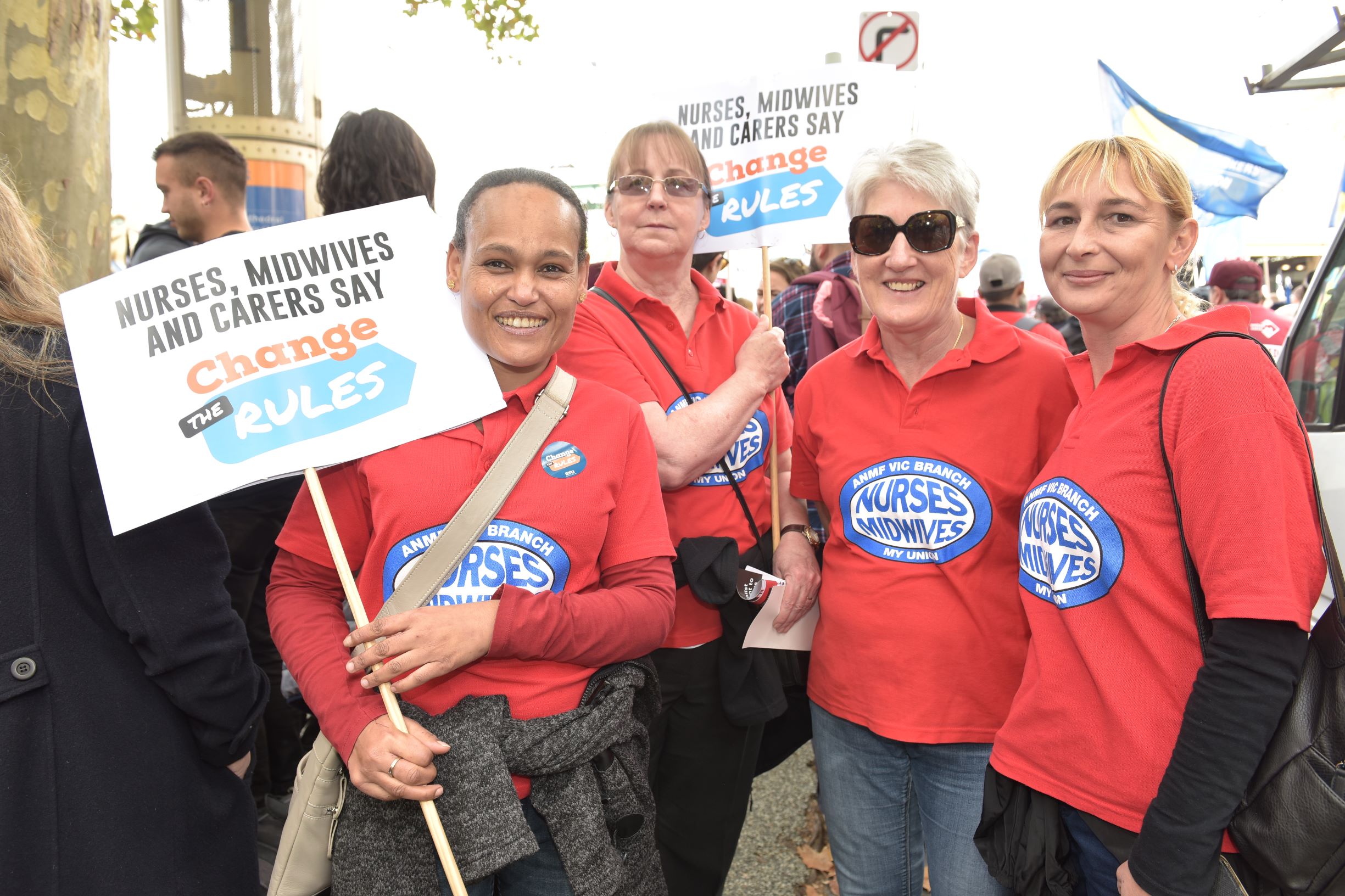
ANMF members across the state have been provided with information (not necessarily consistent) from their employer as a response to the novel coronavirus (COVID-19) threat.
ANMF shares the concerns of members about the risks associated with COVID-19 and has met with the Department of Health and Human Services on 10 March in relation to measures that are being taken to ensure the protection of the community’s health and the employment-related matters of nurses, midwives and carers. These meetings will be held regularly to ensure that as matters develop appropriate measures are taken. Advice from the DHHS to employers will be updated.
Members should note that advice is likely to evolve as matters develop and as such, ANMF will provide regular updates on our website via anmfvic.asn.au/COVID-19
The following is based on Victorian Government advice and applies to all public health services:
- All nurses, midwives and carers who have been in contact with a confirmed case of coronavirus or have travelled to higher risk or moderate risk countries in the previous fourteen (14) days must:
– contact your supervisor directly
– monitor symptoms for fourteen (14) days since departure/last contact
– if fever or respiratory illness (even if mild) occur, isolate yourself immediately and seek medical attention as soon as possible. - Current advice is that healthcare workers returning from identified countries must isolate themselves for fourteen (14) days after return. This information is changing rapidly, please check the DHHS advice for healthcare workers via ly/2IJgdqc
- The Victorian Government advises that if you are required to isolate yourself, you should be entitled to special paid leave for the period. If during the isolation period you are tested and found to be infected with coronavirus, then time off from this date would be deducted from personal leave. Special paid leave will not be available for employees who choose to travel to an identified country (as set out at 2 above). In this circumstance you will be required to use personal leave.
- Where an employee is absent from work to care for a family or a household member who is required to self-isolate, it is expected that employees will use their personal/carer’s leave or another type of paid leave for the period.
- Casual employees who are required to self-isolate should contact their employer to seek that special leave be applied. ANMF notes that on 11 March the Australian Council of Trade Unions, on behalf of the ANMF and other unions, called on the Commonwealth Government to provide two weeks special leave for every worker in Australia, including casual employees.
- Part of your employer’s responsibilities in minimising risk is providing appropriate personal protective equipment (PPE) such as gloves, gowns, masks, eye protection and respirators. However, the provision of such equipment will be commensurate with level or risk faced by an employee in terms of the duties they perform and the direct environment in which those duties are performed.
The Commonwealth Government has issued guidance on the appropriate and effective use of PPE which is available at bit.ly/2w1gFx7 - If you become sick at work, after exposure to a person infected with the coronavirus, you should absent yourself from work; notifying your employer as required. The period of absence will be informed by the Commonwealth Government’s self-isolation guidelines and/or by your medical practitioner(s).
ANMF has reminded DHHS that employees are entitled to make a workers’ compensation claim in these circumstances.
ANMF is writing today to employers in other sectors seeking that they provide the same entitlements, as the public sector, to their nursing, midwifery and personal care staff. We’ll be sharing employer responses on our website.




